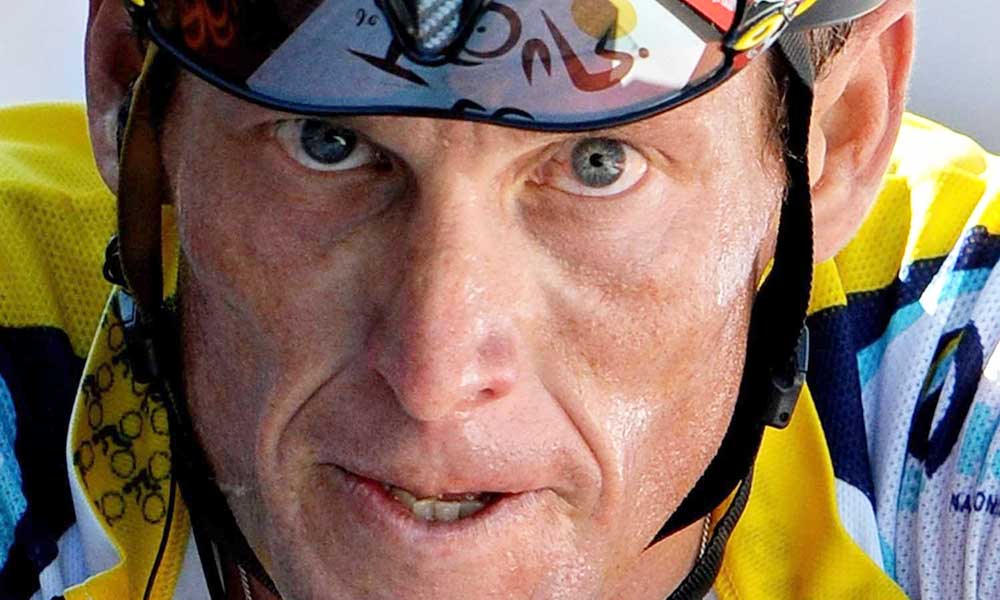Indian foreign policy is being determined by impromptu, personal interference of the prime minister ‘“ with grave costs to national interest
Prime Minister Manmohan Singh’s current official visit to Washington created a lot of media attention, not of course in the US (where the media took no attention of it) but in India, credit goes to the planeload of reporters that Singh took along with him. Seldom before had an Indian Prime Minister’s official visit to the US been so unseen to Americans.
If the US media did take note of Singh, it was barely at the far end of his trip when he met with his Pakistani counterpart in New York. That gained the highlight, though for a moment, on the India-Pakistan relationship more willingly than on the India-US equation. New Delhi doesn’t like the India-Pakistan hyphenation; however its own conduct can be counterproductive. Singh boldly met Nawaz Sharif, ignoring both public views at home and the Pakistani military’s augmented aggression.
But before meeting Sharif, Singh complained to the US President Barack Obama about Pakistan’s regular export of militancy – a complaint that provoked Sharif to supposedly contrast Singh with a droning ‘dehati aurat’. By grumbling to Obama, Singh completely articulated his government’s helplessness in answering Pakistani terrorism, also indicating that his meeting with Sharif was at the US call. Indeed, the state department hails his dialogue with Sharif, saying ‘discussion is a positive step forward and we’ll continue to support that.’
If Singh thought that holding political talk with Pakistan’s new civilian government was imperative, a New York meeting at the foreign minister level would have been sufficient at this level, particularly since no one expected a meeting between the two PMs to break new ground.
Still the level to which Singh went to save his September 29 meeting with Sharif can be measured from one disturbing fact: news about the September 24 Pakistani cross-border intrusion into the Keran sector – which prompted a two-week gun-battle between the Indian army and the trespassers – was not out by the government until after the Singh-Sharif meeting. It is regrettable the government approved the political demands of a meeting in New York to take priority over the urgency to inform the country about a major incursion involving Pakistani special forces.
It is crystal clear that India’s Pakistan strategy has lost its way. It is so aimless that it has bolstered the Pakistan army to carry out numerous acts of violence across the Line of Control this year with no dread of Indian vengeance – from the decapitation of two Indian soldiers and the separate killing of five soldiers to the Samba attack and the Keran invasion. Miserably, the government has also implanted factionalism in the army’s senior chain of command by playing favourites and attacking the former army chief, Gen V.K. Singh, through media plants.
Shoddier still, the government has reserved the army both from countering aptly and effectively to cross-border hostility or from giving out any information to the media on Pakistani (or even Chinese) border breaches. The control command has crimpled the army’s traditional freedom to operate pre-emptively against an imminent hostility and to mete out a just revenge for any cross-border attack.
Can any force be curved into an absolute sitting duck smuggling to ward off constant attacks? By permitting the army’s functional imperatives to be trumped by the government’s twisty and naive foreign policy, army chief General Bikram Singh faces an ugly realism on his record: His spell as chief has overlapped with a prototype of growing cross-border hostility by Pakistan and China.
More essentially, why has it become an essential practice since the late 1990s for an Indian prime minister’s meeting with Pakistani counterpart to perpetually bring danger for India? Atal Bihar Vajpayee openly lamented that his peace bus to Lahore was ‘hijacked and taken to Kargil’. Yet, he went to Pakistan a second time as PM – a trip that planted the seeds of Pakistan’s increased export of militancy in the following years.
With his sometimes-hot-sometimes-cold approach, the enigmatic Vajpayee performed numerous round-turns in his Pakistan policy, which crossed through Lahore, Kargil, Kandahar, Agra, and Parliament House, before ending in Islamabad on his second trip to Pakistan.
Singh has brought a spiteful present for his country from each meeting with a Pakistani counterpart.
Other than the latest Keran shock, Singh returned from Sharm-el-Sheikh after arming Pakistan with the Baluchistan card against India, while he came back from Havana earlier before announcing that the exporter of militancy is in reality a sufferer of terrorism like India.
In the lack of a long-term tactical plan, along with the marginalisation of the external affairs ministry and other professional organisations, Indian foreign policy is being determined by impromptu, personal interference of the prime minister – with grave costs to national interest.





